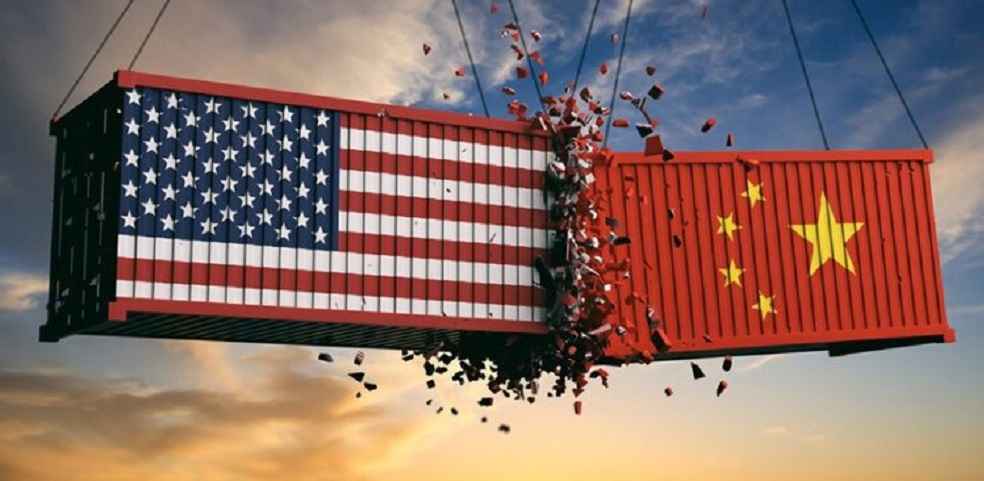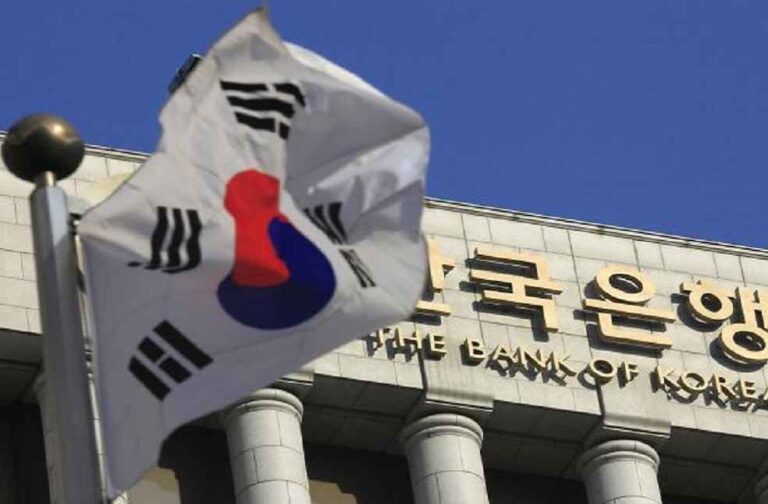The Bank of Korea (BOK) has unveiled a pivotal Issue Note Report, ‘Background and Impacts of Recent Changes in the Global Trade Environment,’ spotlighting the dual challenges and opportunities for South Korea’s export landscape amidst evolving global trade tensions.
The report’s release is timely, coinciding with intensifying US-China disputes, a situation posing significant risks to global trade harmony. According to BOK’s detailed analysis, a scenario where the world’s economic powers split into two trade blocs could lead to a contraction of South Korea’s exports by up to 10%. This situation, fueled by rising trade barriers, would profoundly affect not only South Korea but also the global economy.
Central to this analysis is a general equilibrium model evaluating the repercussions of global trade fragmentation. South Korea’s deep economic ties with key partners, notably China, place it in a vulnerable position. The report shows how such fragmentation can trigger considerable downturns in exports, especially in sectors such as chemicals, machinery, and electronics.

However, it’s not all bleak. The BOK report underscores a silver lining in the form of export diversification. By broadening its export portfolio and reducing dependence on specific markets, South Korea can significantly mitigate the adverse effects of global trade divisions. For instance, in scenarios where intra-bloc trade barriers are lowered, the impact on South Korea’s exports is considerably lessened, dropping to around mid-3% as opposed to 10%.
Sector-specific trends also emerge from the analysis. While a fragmented trade environment is likely to dampen exports in areas like electrical products and metals, transportation equipment exports, including automobiles, might experience growth.
The BOK’s findings emphasize the critical need for adaptability in the face of global market shifts. This involves a strategic emphasis on diversifying products and markets and fortifying industrial competitiveness. The report advocates for strong industrial policies and updated trade regulations, especially relevant in the context of rising investments in sustainable and eco-friendly sectors.

The report concludes with a strategic directive for both Korean companies and the government. Addressing these global challenges demands a collective strategy, necessitating comprehensive policy support and improved investment climates, particularly in advanced technology sectors.
South Korea’s economic trajectory amidst potential trade upheavals will largely depend on its strategic diversification and collaborative efforts between the government and industry. The nation’s handling of these complex trade dynamics will not only determine its economic fate but also serve as a benchmark for the resilience of global trade networks during turbulent times.
DON’T MISS IT | Russia and India’s Trade Booms in 2023, Redefining Global Economic Alliances



